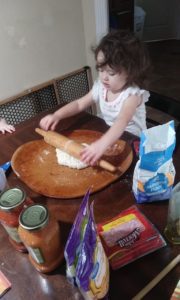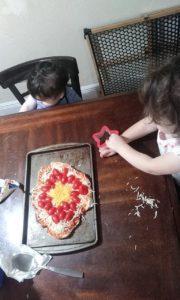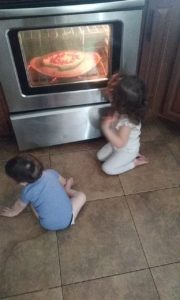Recently the American Library Association took Laura Ingall Wilder’s name off of an award. They chose to do this because they felt her books were racially insensitive to Native Americans, and African Americans. As a Hispanic American who read these books 22 years ago in elementary school, I did not remember any such words. Then again, I was a child. So I did what any literature obsessed mom would do. I picked up the first two books of the series up at the local library and I re-read them. While I saw a few passages that could be read as problematic, I did not see this novel as actively trying to harm others, though an argument could be made for passively hurting others. The Library association says that her books are still wildly read, but inconsistent. So how do we as mothers approach troubling epochs of American history in literature?
Use problematic historical novels as a way to teach cultural sensitivity
In the Little House on the Prairie book (The second book in the series), the family moves to Kansas, which is the territory of Native Americans. What they do not realize is they are homesteading on a major trade route. They are interrupting the jobs of the Native Americans they live amongst. That would be the equivalent today of someone moving on to the Sawgrass Express way and then wondering why people keep driving through their front yard, only worse because they bought into the idea that the land did not belong to any one.
Ma Ingalls, shows hospitality to the Native Americans when they come to visit, and when they finally realize they and other settlers are in the wrong (yes it does take a while), then they move off the Prairie. Ultimately they are too late since the Native Americans have moved on, but they did move.
When novels like this stereotype people, or just plain have inaccurate information on the people who also inhabit their world, we can be offended, but we can also point these things out to our children. We can show them that not all people think this way. That what was assumed about others then is not what we are to think today. And if our children are even more curious, we can take them to museums or reservations to hear from the experts or individuals themselves how the things Americans did in the past is affecting us today. Its takes a little time, but it can become a family memory in the process.
Use historical novels to show children how easy life is today
You know what struck me as mind-blowing when I re-read this book? They had to make every thing. Want yellow butter, not white? Well, since you don’t have food coloring, chop up some carrots, boil them in milk, strain the milk, and then churn. For a while. It is a very detailed process, and it is crazy to think that this was common place in the life of people in the 1870s. And don’t get me started on bacon.
Since Laura was 3-4 years old in the first book, this actually inspired me to cook with my own children. (Or let my children cook). It was an amazing experience. We decided that for their first homemade-by them meal together, they would make pizza. I just read the instructions, and handled the oven, but they did the rest! We bought grocery store dough, packaged cheese, a jar of tomato sauce, and slices of tomatoes. Still our desire to cook together was rewarded with a yummy lunch.



Use historical novels to challenge your own parenting
What stuck out to me as a mother upon re-reading the little house books, is how busy Ma Ingalls was. She had to do everything by hand. She did not have a maid, or a nanny. I don’t know about you, but I would probably die without certain modern inventions. The washing machine, dryer and wrinkle-free clothing are just three examples!
Even more than modern inventions, you know what stuck out to me? How much time the family spent together. Whether your family is Hispanic, Native American, African American or some version of White, we don’t spend as much quality time with our children as our forefathers seemed to. Repeatedly in the novels Laura writes of looking forward to the evenings when the work was done. Why? Because that is the time Pa and Ma and her sisters all gathered together in their main room and sang songs, played games and enjoyed being together. I love family togetherness, don’t you?
So the library association can change the name of Laura’s award if they want. But one thing I hope they won’t change is the access we have to such a novel. Problematic though it may seem, such novels can remind us that the comforts we all enjoy today were not always universal. And books like this teach us that we could all stand to work on being more united.















